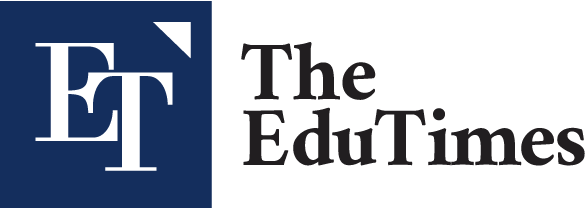Swiss Universities With Odd Accreditation and Recognition System
Switzerland had frequently been an education destination for many European college students as the Erasmus program, a pan-European college credit sharing system, used to encompass Swiss universities. However, following the Swiss’ decision to re-introduce quotas on EU citizens in 2014, the education authorities of the EU excluded the country from their program. Since then, Swiss has been negotiating terms with the EU to re-join Erasmus.
One of the main reasons why Swiss became a major Erasmus destination for European students is their global, if not euro-wide, reputation for high-quality education. Such exceptional quality in higher education institutions (HEI) in Swiss can be attributed to tough accreditation requirements and process. For instance, EduQua, an accreditation body supported by the Swiss Confederate Government, enforces high standards for accreditation of private schools.
Yet, despite the strong quality assurance, Helvetia, the national personification of Switzerland, has a unique HEI controlling system that may allow colleges with relatively low quality of education to provide university-level diplomas.
Unlike any other Anglo-Saxon country, the Swiss Confederation legally allows each canton (which is comparable to a state in the United States) to run an autonomous education system for higher education. Interestingly, however, most cantons do not have an official accreditation system which would grant governmental approval to run a university.
The Agency of Accreditation and Quality Assurance (AAQ) is a designated accreditation body by the Swiss Accreditation Council (SAC) — the only government institution that grants “official” federal-level accreditation. According to Christoph Grolimund, the head of AAQ, Swiss HEIs fall not under education law, but under commercial law. This means that any private entity can compete against universities managed by the cantonal or federal government.

For instance, the International Institute for Management Development (IMD), a private HEI that provides one of the most well-known MBA programs in Europe, has forgone SAC’s accreditation. IMD has been continuously ranked as one of the top MBA programs in the world, having globally respected accreditations from AACSB (US), AMBA (UK), and EQUIS (Europe). As there are distinctively few HEIs that are accredited by all three of the most respected MBA accreditations, IMD carries a global reputation for providing high-quality MBA programs despite forgoing the only “official” accreditation by the Swiss government.
Accreditation vs. Recognition
What is more surprising is that recognition of a diploma does not depend on the aforementioned federal accreditation. According to Bastien Brodard, SAC’s secretary, accreditation and recognition are two separate things managed by different entities in Switzerland. In other words, the recognition of a diploma is determined by non-governmental authorities.
In the Anglo-Saxon world, if a university is institutionally accredited by a national authority of its jurisdiction, diplomas from the HEI automatically receive international recognition based on the Global Convention on higher education.
However, the story is a little more complex for Switzerland due to the government’s unique accreditation system, which in turn highly encourages competition between public and private HEIs. To elaborate, in most cases, national institutions in Anglo-Saxon countries will recognize Swiss diplomas from public HEIs, but possibly not the ones from private HEIs.
Why Private HEIs?
For students from outside Swiss, it creates a complicated situation. Although students as a whole benefit from the fierce competition that private institutions bring on the public sector to provide high-quality education, it still comes down to the question of how their diplomas will be recognized afterward.
Usually, internationally reputed schools such as the IMD does not have recognition problem, unless students try to use the diploma to work public jobs in the least developed countries. And, given the cost to earn a diploma at IMD, only a small number of students apply for underpaid public sector jobs.
However, recognition becomes an issue for the less reputed Swiss schools and their diploma. While it is no secret that some private schools in Switzerland provide compromised quality education (which are even condemned as “diploma mills”), there certainly are private HEIs with supreme quality education.

Among them, the Swiss Institute of Artificial Intelligence (SIAI), a recently founded HEI for data science education, makes all exam questions for its MBA in AI BigData program publicly available. Third-party evaluations confirm that the exam questions are on par with those of top research schools in the U.S., verifying the school’s world-class education.
The evaluator also mentions that despite the disgraceful reputation that arose from the so-called “diploma mills,” the high competition is the key to a continuous increase in the quality of higher education in Swiss. Further reinforced by quality private schools like IMD and emerging SIAI, the competition can also lead Swiss HEIs to be ranked higher than other European universities in the same cohort.
Responding to a request for comment, the officials of SIAI mention that various Swiss authorities recommended the school earn SAC’s accreditation for signaling quality education to both domestic and international students. The school also notes that the authorities underlined Switzerland’s potential re-entrance to the Erasmus program, allowing students at EU universities to freely study at Swiss HEIs through the European Credit Transfer and Accumulation System (ECTS). However, the institution did not provide further details on its internal preparation for SAC accreditation.
To summarize, HEIs in Switzerland are of superior quality due to the fierce competition from private schools. Yet, there are a few rotten apples in Swiss higher education, just like is the case for many other industries with high competition. Although it may be safer for students to study at SAC-accredited universities, it is certainly irrational to disregard highly reputed schools with no SAC accreditation, such as the IMD.
Read more: New EU Sanctions Affect Russia’s Higher Education







